
Within early childhood education, we believe in a more environmentally sustainable and socially just world where people live healthy, enjoyable lives in thriving environments. What young children experience and learn today can influence how future generations live. Humanity will continue to be challenged by numerous inter-connected environmental, social and economic issues.
Globally, issues such as climate change, biodiversity loss, natural resource pressure, extreme weather events, water stress and deforestation are all already impacting communities economically, environmentally and culturally. Real issues such as the devastating fires across Australia in 2019 and the coronavirus pandemic of 2020 highlight that children should and must be allowed to discuss these problems, rather than adults continually thinking about a protective stance.
SUSTAINABILITY GOALS AND FRAMEWORK
Some progress has been made to address these challenges, with one example being the introduction of UNESCO’s 17 Sustainable Development Goals (SDGs). Each early childhood setting could and should use them, making them an integral part of their practice (see poster).
I developed the Early Childhood Education for Sustainability (ECEfS) framework (2016) following consultations with early childhood settings across England. Each setting fed back what they felt was needed to support their sustainable practice (see poster).
ECEfS aims to empower practitioners and children to promote the growing global movement that seeks to nurture knowledge, creativity, kindness, wisdom, critical thinking, empathy and many more of the skills and values that will allow sustainable development to flourish and a better world to emerge.
These are all key foundational aspects of early childhood, resonating with such historical pioneers such as Maria Montessori, Loris Malaguzzi and Rudolf Steiner (see More information).
The ECEfS framework advocates a holistic approach and supports all aspects of early childhood practice within England, with clear links to the Prime and Specific areas, the Characteristics of Effective Learning, British Fundamental Values (BFV) and place-based learning (see box).
The starting point in the framework is three interconnecting and supporting pillars of sustainability from the Brundtland report (1987) – social/cultural, economic and environmental. It is important to recognise each of the pillars, but by connecting them they become stronger. Education for Sustainability is not just about ‘going green’ or eco problems such as climate change; it is an interconnection between all aspects of society and the planet.
The child is placed centrally inserted into an image of the worldas they must always be at the centre of all practice. That can be a challenge in an education system so focused on learning outcomes and assessment.
So, what are these three pillars and how can you implement them in your practice?
SOCIO-CULTURAL SUSTAINABILITY
Socially sustainable societies and communities (consider your practice as such) empower children to participate and act, knowing that their voice is important. Reflective practitioners and children work together to enable all to participate freely, with respect for each other and respecting difference. The key words here are ‘freedom’, ‘security’, ‘justice’, ‘empowerment’ and ‘tradition’.
The United Nations Convention on the Rights of the Child (UNCRC) Article 12 (1989) states ‘children have a right to give their opinions on all decisions that affect them’. Practitioners need to develop strong listening skills in order to allow young children to have their opinion heard and, importantly, to be part of the decision-making. For example, consider how you can ‘listen’ to children and how you let them follow their interests.
Documentation such as that used in pre-schools in Reggio Emilia in Italy highlights the need for it to be not just an assessment tool but a visible way of thinking. Too many times documentation is used to share learning with parents or inspectors, with a greater emphasis on adult control. Documentation should be messy, unpredictable, and supporting children and adults to reflect upon the learning process, rather than an ‘end’ product.
CASE STUDY: Millie’s Garden
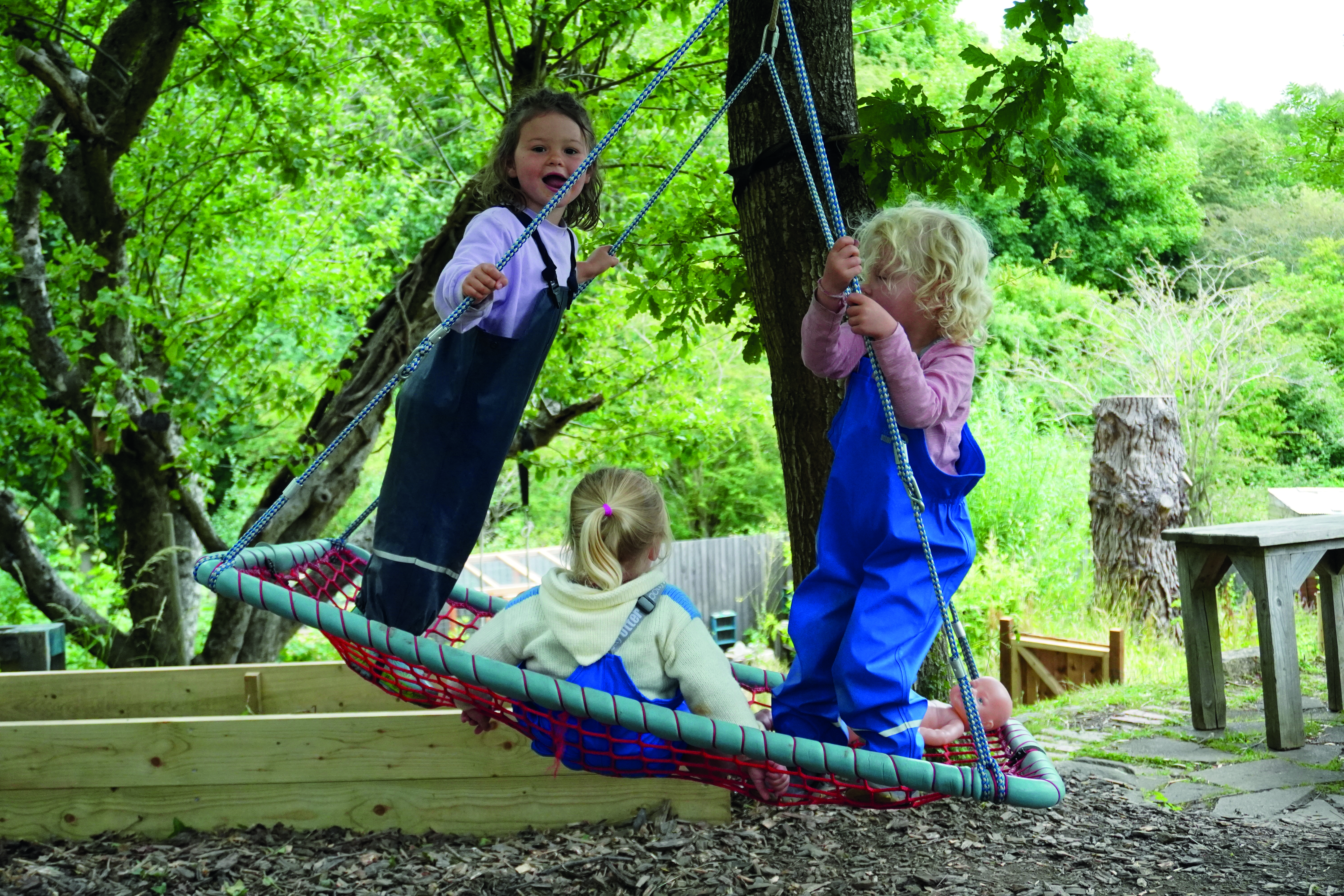
Millie Colwey runs a childminding setting in Bristol, England. Her provision is based in her 200ft wildlife garden. Her rights-based perspective underpins all the values and practices at the setting, aligns with socio-cultural sustainability and has transformed her work with babies and young children.
She has been fascinated to learn about the UNCRC and the child’s right to participation in all matters that concern them. This realisation caused her to overhaul many of the practices in her setting, including planning, assessment and resourcing. The children do not simply have opportunities to exercise their rights; their rights are at the heart of everything they do.
There are many examples where this rights-based approach is evident. With no written planning and few predetermined outcomes, the day starts with little idea of what the children’s time together will involve. She asks the children, ‘What would you like to do today? What resources do you need? How can the adults support you?’, and they take it from there.
While there is a strong sense of ‘rhythm’ to the days, routines such as meals, snacks and rest are flexible, and children can make choices about when these things happen. A bag is packed with first-aid supplies, water and spare clothes so that if children want to embark on an outing, they can all set off without delay.
Children are also consulted on big decisions such as how the physical environment is developed and how money is spent on resources, resonating with economic sustainability. Practitioner-led research with children as active participants can be a useful tool for bringing about such changes, empowering the children.
The children Millie works with recognise their own rights and the rights of others, reflecting both the Prime area of Personal, Social and Emotional Development and BFV. Recently, Millie observed children working with digital cameras seeking consent from their peers before taking photographs of them, because this is what the adults do before taking photographs of children for their learning journals, again resonating with a rights-based approach. Through accessing rights-based early childhood provision, she hopes children will come to view themselves as active participants in their wider communities and agents of change.
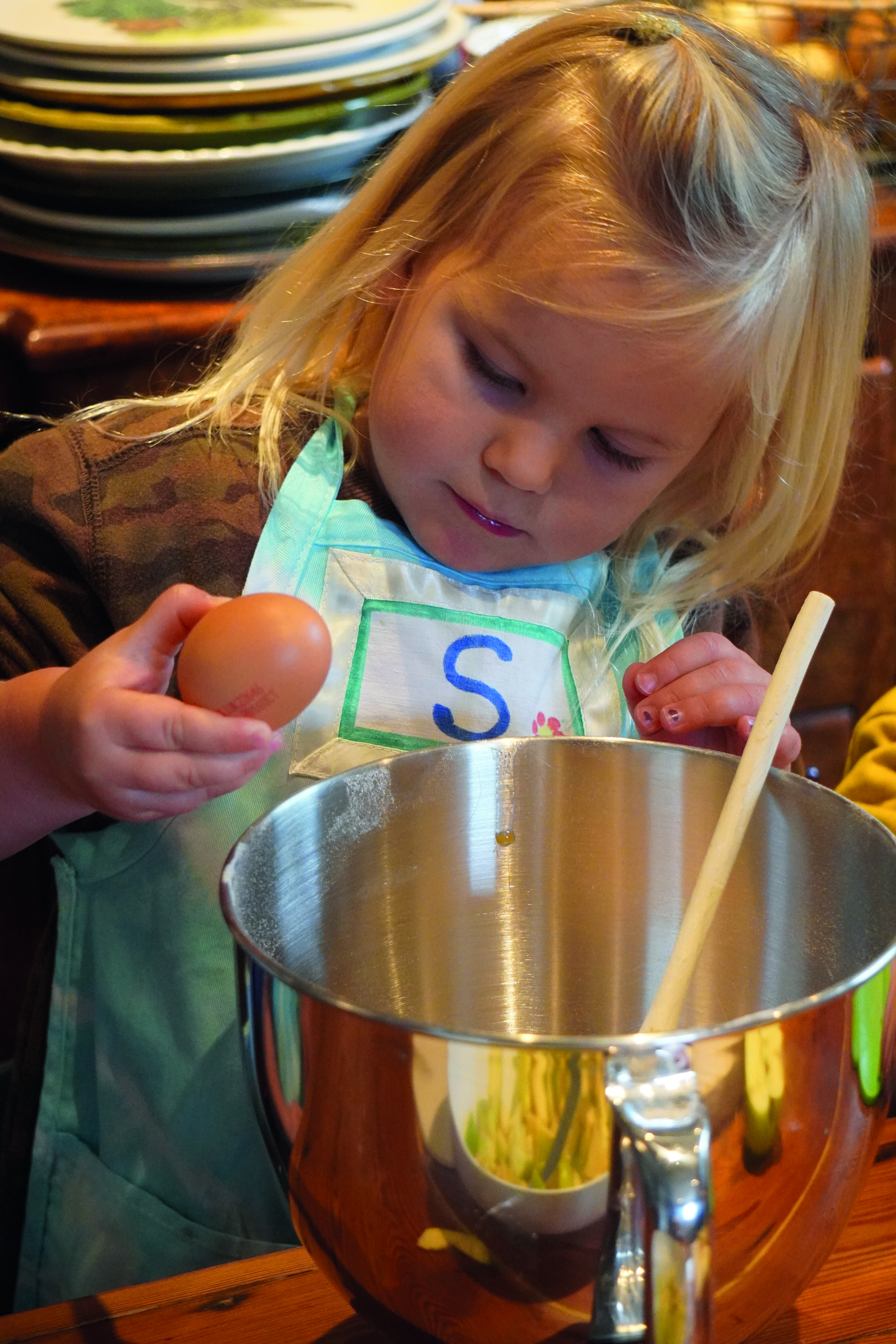
ECONOMIC SUSTAINABILITY
The ECEfS framework includes suggestions for ‘place-based learning’. This experiential (action-based) approach to learning aims to immerse children in their locality, so helping them to develop strong ties with the community and build their understanding of the world around them. This does not mean one-off visits to local parks or woodlands, but rather regular contact with environments that offer children opportunities for exploration and enquiry. These environments should enable children to celebrate and consider such questions as:
- Who am I?
- What is my community?
To achieve this, invite the children to go out into their locality to talk, see, touch and smell so that they can wonder at their reality. Such experiences must involve all the senses and enable children to become ‘entangled’ in the environment – stroke sandstone walls, lie in the long grass and listen. By developing a relationship with their ‘place’ and community, children will learn to foster feelings of care and empathy.
Such explorations can also develop children’s understanding of economic sustainability. For example, visit your local high street weekly to buy fruit for snack time from your local greengrocer and have a chat – for example, about seasonal varieties of some fruit. These regular discussions will build a relationship that extends beyond just buying fruit and will help to develop children’s understanding of cost, produce and availability. Children need to see money being used rather than a plastic card so they become aware of the different coins and paper money.
Walking along the high street or around the community also raises children’s awareness of sensitive issues such as homelessness, or shops closing due to Covid-19, or people shopping in large supermarkets rather than small local suppliers. How would you approach a discussion about homeless people sleeping rough in shop doorways – or would you ignore it? These are conversations that support children understanding their world and consequences of choices made.
Article 30 of UNCRC states ‘children need to learn the customs of their own families’, and practitioners need to respect a child’s culture. Within the context of economic sustainability, and intergenerational practice, provide button tins in foyers so parents can sew buttons back on school shirts or have ‘swop’ days, where parents can bring in clean, used clothes and swap uniforms for larger sizes, so reducing landfill waste. Note that this example links to economic, socio-cultural and environmental sustainability – they are all interconnected.
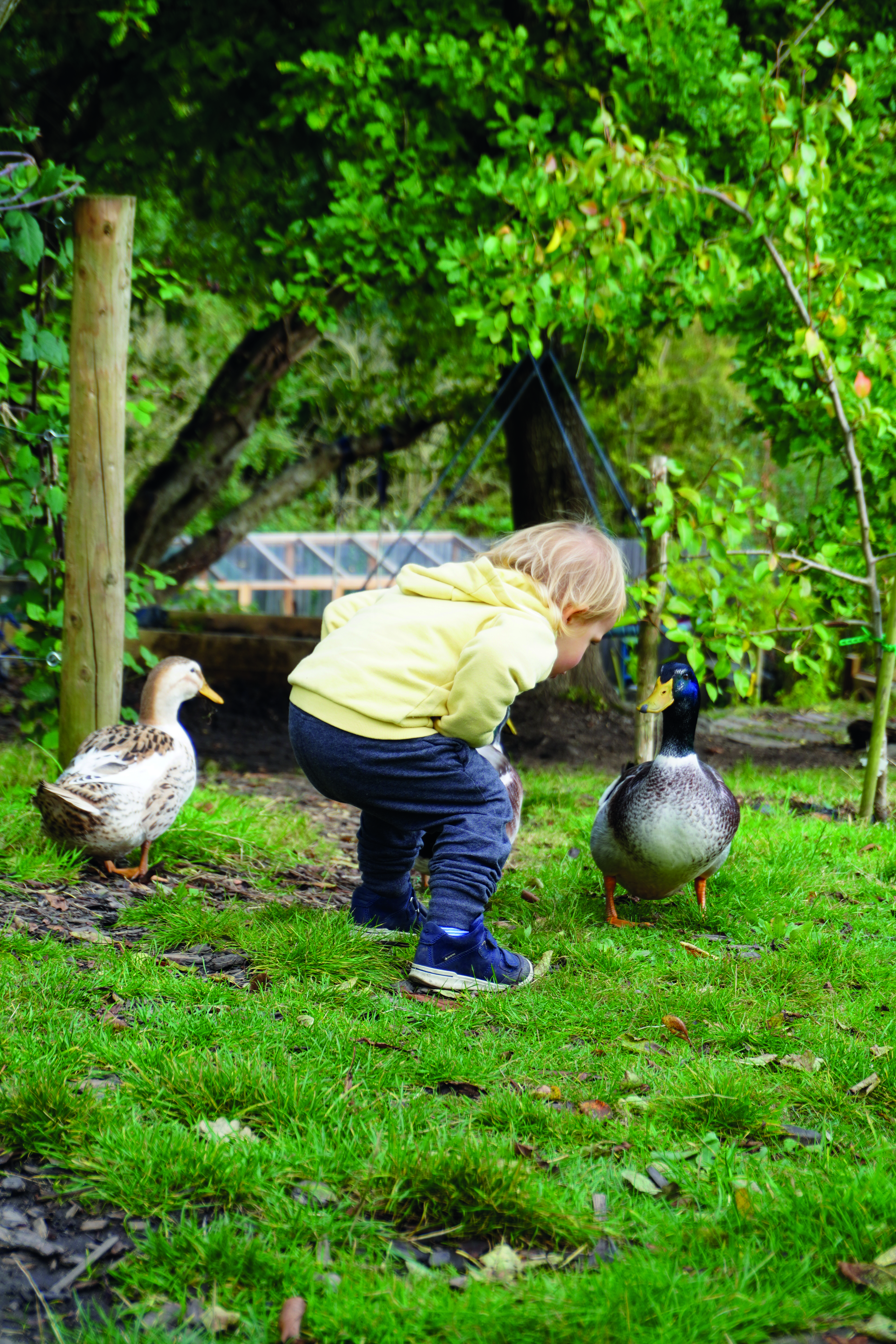
CASE STUDY: Liverpool intergenerational cafés
In January 2018, I helped set up the Legacy cafés, which brought together the children and families attending the Everton Nursery School and Family Centre with elderly people living in the neighbourhood. These cafés have developed in other parts of England and internationally.
The original aim of the cafés was to bridge the generations by sharing skills such as sewing and knitting, so resonating with socio-cultural sustainability. Elders would share their skills with young children and their families in the centre and take on the role of mentor. Elders also helped families learn how to shop and cook sustainably, rather than buying ready-made meals, so demonstrating an awareness of economic and environmental sustainability and supporting local businesses.
In Liverpool, the cafés ended with the arrival of Covid, and there was concern that the relationships that had been built up between the generations would be lost. According to Liverpool City Council, however, the community spirit prevailed. The children and their families continued to maintain contact with the elders during lockdown by collecting their prescriptions or bringing them food – as a result, the elders did not require Government food parcels. The children also drew pictures and designed cards for the elders to show how much they valued them and the role they played in their lives.
ENVIRONMENTAL SUSTAINABILITY
When practitioners think about sustainability, it is usually the environmental lens that is evident in practice. Historically, early childhood practice has its roots in the environment and nature. The EYFS requires some engagement with the outdoors, and the word ‘ecologically’ is now included within Understanding the World in the early adopter version of the revised EYFS. However, both spending time outdoors and defining ‘ecology’ within the context of the early years can be a challenge for many settings.
Children are naturally drawn to nature, and by immersing them in their local area and accessing, for example, your local parks, woods and rivers, children can start to develop an ecological sense of self. Within your setting, use recycled materials to develop environmental sustainability. For example, use old kitchen tubes as seedling cases and plastic bottles to make mini greenhouses, or cement them together to make surrounding walls for flower and vegetable beds.
CASE STUDY: Windsor Community Primary School, Liverpool
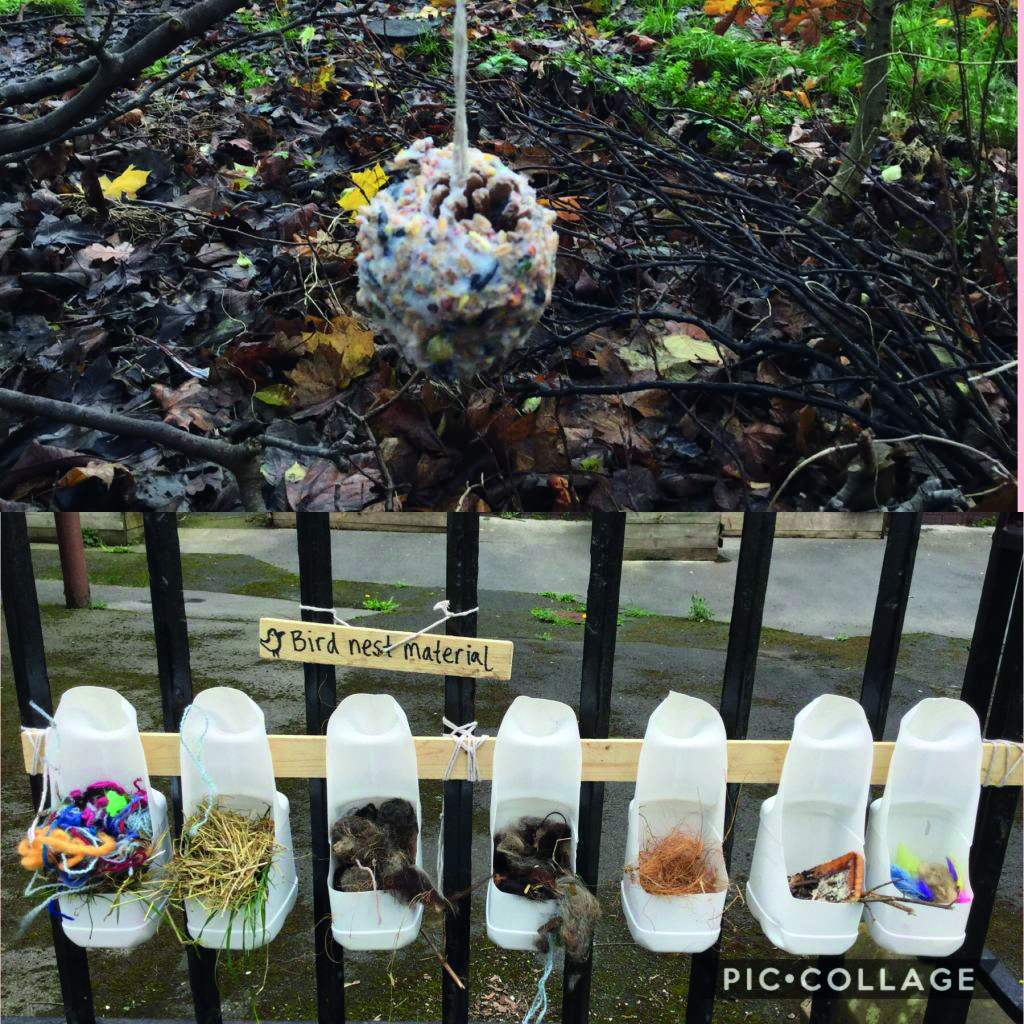
Windsor Community Primary School in Toxteth, Liverpool has the oldest established ‘forest garden’ of any school in the UK, and it is an area that has a very special and permanent place in the curriculum for both the Reception and nursery children.
The area has a variety of plants, herbs and trees which are an integral part of practice. Alice Küchemann, the Forest School and nurture practitioner, with a permaculture, holistic health and art background, recognises the need for young children to be immersed in their own self-directed play, with knowledgeable, supporting adults.
She believes that the garden provides a ‘calming presence’, especially when the children team up with both parents and some of the volunteer elders from the local community garden to share their skills and knowledge. She believes this ‘slows’ the children down and their behaviour is ‘gentler’ as a result of this relationship.
As Toxteth is such a diverse community, parents reflect the multi-cultural life of Liverpool, and during these sessions, parents offer to share their knowledge of cooking and food over the open fire.
Children use herbs from the gardens, fruit from the trees and come together to share a special time around the fire. By being ‘in’ nature, lost in their play, gardening to nurture the plants, and learning from their elders, these experiences provide the young children with an authentic ecological opportunity, as expected in the EYFS.
A holistic approach
Sustainable development is a vast and complex subject, and if we want to empower children to embrace, understand and address problems then we must equip them with a raft of skills, values and knowledge, from creativity and kindness to problem-solving and empathy.
British Fundamental Values (BFV) and the Characteristics of Effective Learning (CoEL), along with the Prime and Specific areas of learning within the EYFS, provide an excellent basis on which to build a holistic approach and an ethos of critical thinking and decision-making, transparency and challenge (see poster).
The CoEL focuses on motivation, engagement, creativity, self-expression and criticality, and stresses the need for children to be able to explore, investigate and problem-solve, giving them a sense of agency.
Research offers hope that if practitioners embrace this philosophy, then both children and adults can be the ‘learners’ and emerge equipped with the knowledge and skills to face 21st century problems, as identified in Sustainable Development Goal 4.7.
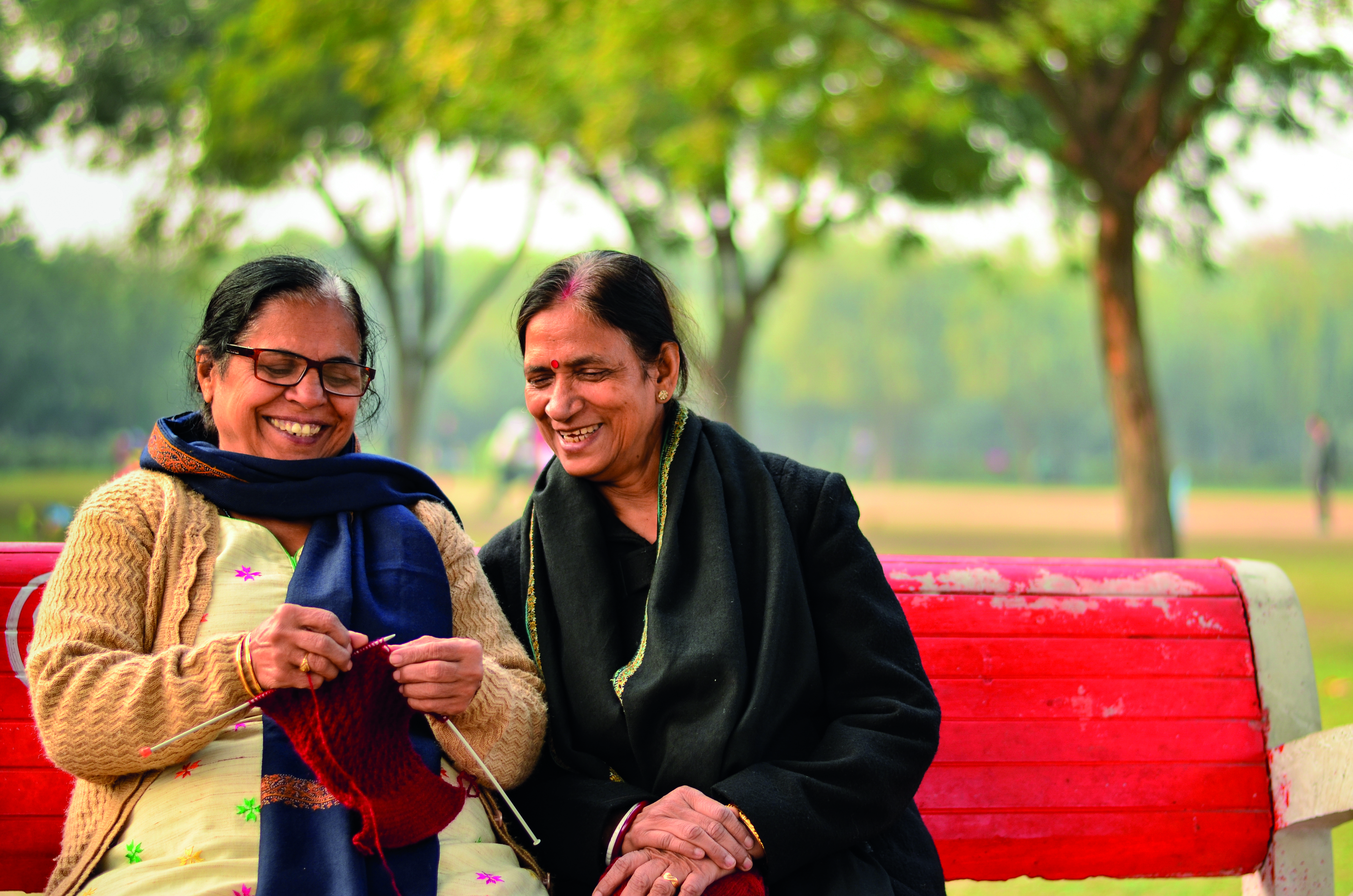
The four aspects of British values:
Democracy recognises that everyone is equal and highlights the importance of children’s participation and rights, as noted in UNCRC Article 21 (1989).
In practice, it means a commitment to inclusion, the right of children to make choices and placing children’s interests above adult outcome-based thinking. For example, if children notice rubbish piling up due to a lack of litter bins, discuss the problem openly and help them to offer solutions. (See also Millie’s Garden case study.)
Rule of law ensures that children understand the rules and routines within a setting, as well as the consequences of their behaviour. Listen to children and involve them in decision-making, including setting rules. This is democracy in practice.
Individual liberty recognises that we live in a society that ensures freedom of speech and action. It ensures children understand that others may have different views from their own, and these opinions must be respected – crucial when addressing sensitive subjects and recognising the cultures embedded in a setting.
Mutual respect and tolerance for those with different faiths and beliefs emphasises complex and sensitive issues that should be discussed openly in a well-managed and safe environment so that children can develop their opinions in a respectful situation.
It is also important that there is recognition of culture – after all, ‘cultural diversity is as necessary for humankind as biodiversity is for nature’ (Universal Declaration on Cultural Diversity, UNESCO, 2001).
A setting must acknowledge the cultures of those within their setting and the local community, and embrace them in the widest sense. Consider, for example, intergenerational narratives, such as visiting a local allotment group or other voluntary organisations (see Liverpool Intergenerational Cafés case study).
MORE INFORMATION
- BBC film of a Legacy café in Liverpool, www.facebook.com/BBCFamilyNews/videos/1858192130910512
- Boyd D ‘Early childhood education for sustainability and the legacies of two pioneering giants’, www.tandfonline.com/doi/abs/10.1080/09575146.2018.1442422
- Boyd D, Hirst N and Siraj-Blatchford J (2017) Understanding Sustainability in Early Childhood Education: Case Studies and Approaches from Across the UK. Routledge
- https://foundationyears.org.uk/wp-content/uploads/2019/10/Early-Childhood-Education-for-Sustainability-posters.jpg
- IMPLEMENTATION PACKS
- ECEfS Pedagogical Toolkit, Activity Resource Pack and Early Years Setting Implementation Pack can be downloaded at: www.ljmu.ac.uk/microsites/early-childhood-education-for-sustainability/resources
- The implementation booklet includes self-assessing audits to support your practice and covers the ten themes within the ECEfS poster. Aligning these ten themes with the 17 Sustainable Development Goals and linking them to your provision will help your practice to evolve.
- The original ECEfS poster, and packs, are available at: https://foundationyears.org.uk/2019/08/eyfspractice
Diane Boyd is a senior lecturer, early years, at Liverpool John Moores University, d.j.boyd@ljmu.ac.uk









